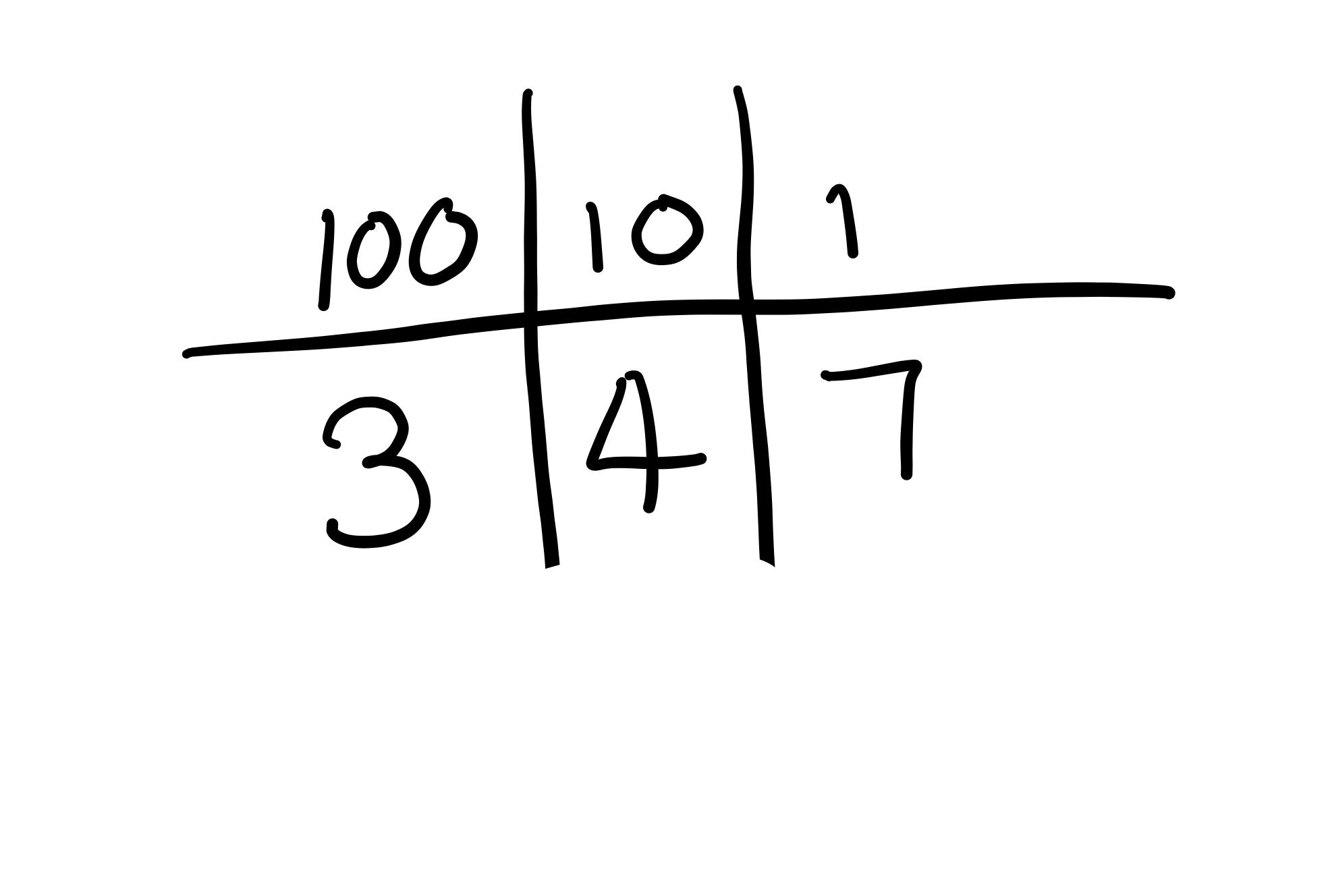Key Stage 2 Mathematics - understanding place values

Objectives:
- To understand the concept of place value in numbers.
- To be able to read and write numbers up to 100,000 using digits.
- To practice the skills of comparing, ordering, and rounding numbers.
Materials:
- Whiteboard and markers
- Place value charts or base ten blocks
- Worksheets for independent practice
Introduction (10 minutes):
- Review the previous lesson on basic number operations.
- Introduce the concept of place value and its importance in mathematics.
- Show a number on the board and ask the students to identify its digits and their place value.
Guided Practice (15 minutes):
- Use place value charts or base ten blocks to demonstrate the concept of place value.
- Provide several examples of numbers and ask the students to identify the value of each digit.
- Have the students practice writing numbers in expanded form.
Independent Practice (20 minutes):
- Distribute the worksheets and have the students complete the tasks independently.
- The worksheets should include tasks such as reading and writing numbers, comparing numbers, and ordering numbers.
- Circulate around the room to provide individual support to students who need it.
Closure (5 minutes):
- Call on a few students to share their answers and provide feedback.
- Summarize the key points of the lesson and emphasize the importance of understanding place value in mathematics.
Assessment:
- Observe the students during independent practice to gauge their understanding of the concept.
- Correct the worksheets to assess their understanding of the skills practiced.
- Provide individual or group feedback to the students based on their performance.
Place value is a fundamental concept in mathematics that refers to the value of each digit in a number based on its position.
In the decimal system, which is used to write most numbers, the value of a digit depends on the place it occupies in the number.
Each place represents a power of 10, starting from the rightmost place (units) and moving to the left (tens, hundreds, thousands, etc.).
For example,
in the number 123,
the 1 in the hundreds place represents 1 hundred,
the 2 in the tens place represents 2 tens,
and the 3 in the units place represents 3 ones.
The value of each digit can be found by multiplying the digit by its place value:
1 x 100 + 2 x 10 + 3 x 1 = 123.
